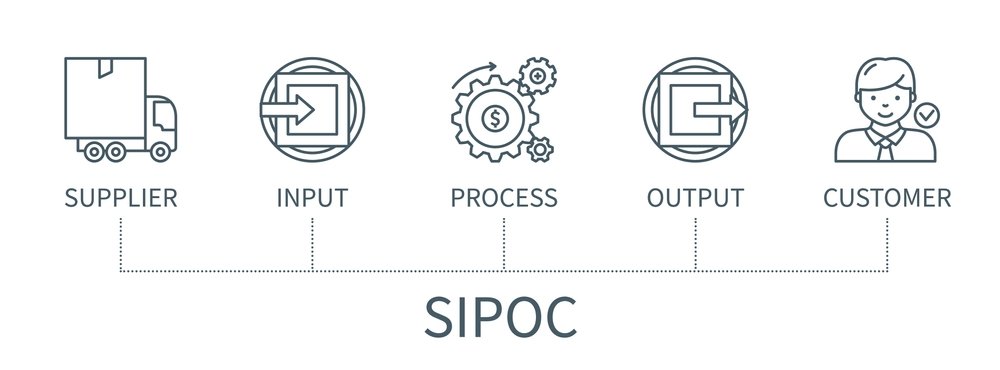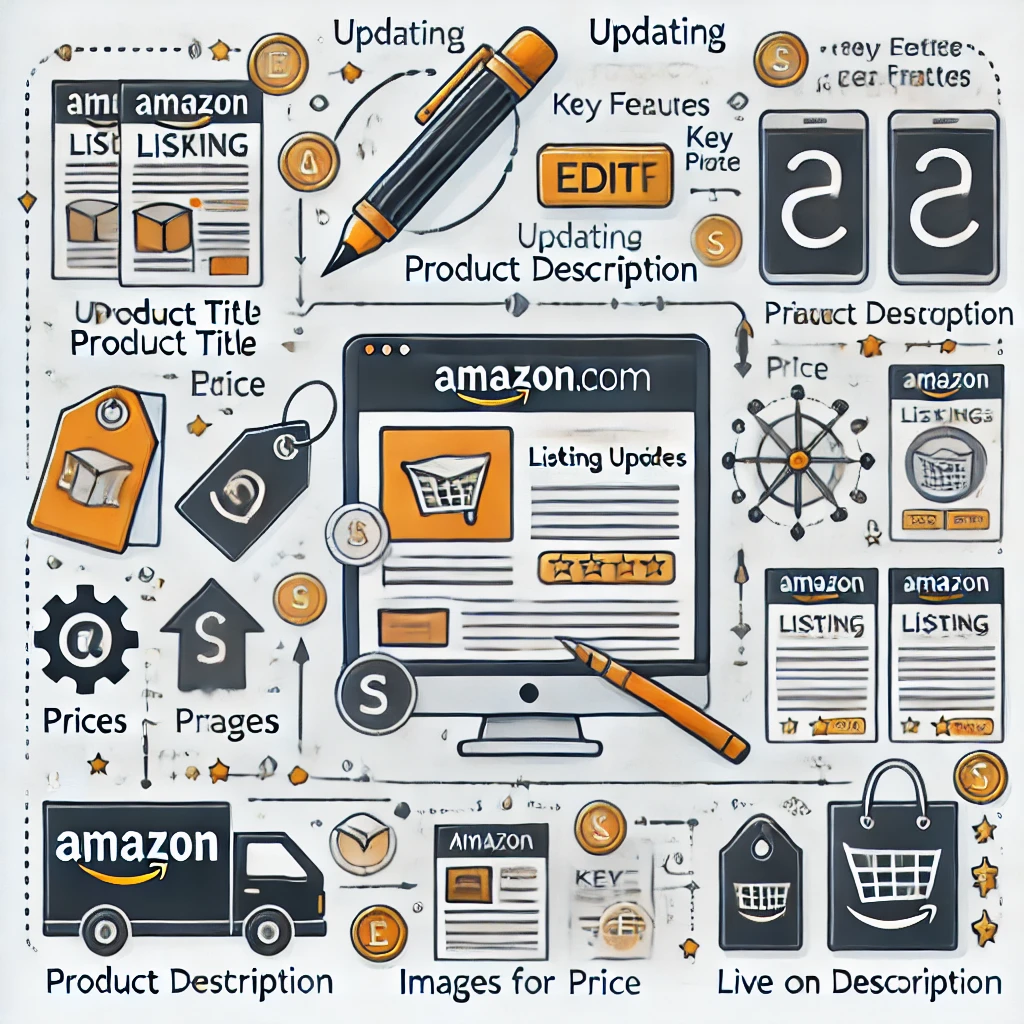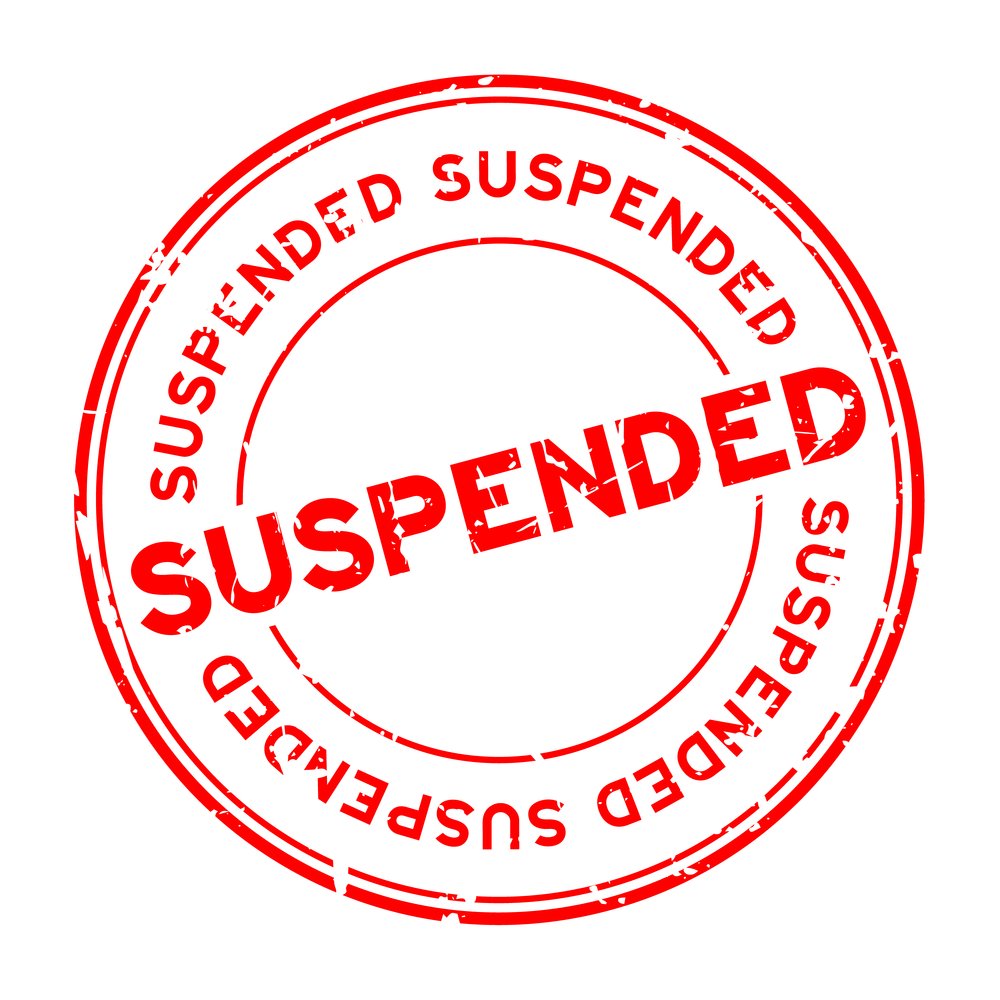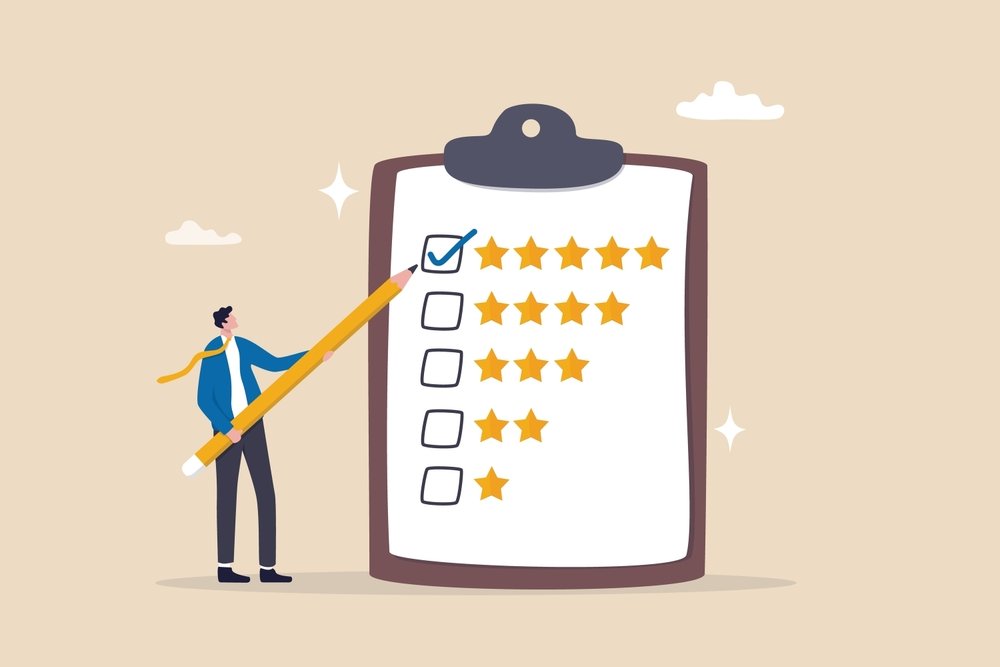Any business must estimate its procurement needs in order to minimize fluctuations, but purchasing any goods from an unreliable source is extremely perilous for an online retailer like Amazon.
The following comprehensive instructions will help you find and choose reliable suppliers:

1. Conduct research and find possible vendors
Find potential vendors. Before preparing the next step of the work, make a list of potential contractors. To obtain the contact information of the suppliers you need you should use Made-in-China, Global Sources and Alibaba platforms. Look at the rating, comment and the options that will be given to the customers by the vendors.
2. Examine Supplier References
Kindly conduct a background check about the supplier by scrutinizing their documents. On Alibaba, consider those sellers that have been inspected by other organizations since they have been proven to have passed through the vigorous tester. To ensure they have all the permits they need to operate and to manufacture and sell their products, verify the following legal documentation.
3. Evaluate the quality of the product
it is crucial that the quality of the product should be assessed. It is important for persons to generate items of high quality; hence, request for samples from more than one provider. A little research can prove very handy before you place an order for a large number of goods to ensure they are up to standard. Ponder how the samples you are comparing were finished and the material they are made of to establish their quality of build.
4. Examine Production Capabilities
In turn, make sure the provider is equally capable of meeting your demands for production. This include assessing their personnel, the equipment, and the manufacturing plants they own. This means that greater production capacity is usually reflected in greater reliability and additional ability of the supplier to handle large volumes without a loss of quality.
5. Assess Interaction
To win the desired cooperation for a supplier relationship, there is no doubt to it that communication needs to be channelled effectively. Assess the efficiency of a supplier in replying to your questions and the comprehensiveness of the reply. A good vendor will also be willing to explain things in detail, the good vendors are also people who will not take time in answering you.
6. Carry Out Factory Inspections
If possible, make an on-site audit of the supplier’s factory or at least have a physical inspection of the plant site. It allows you to assess their working environment, organizational standards and practices, and the techniques they use to make their products. In the absence of a visit, it will probably is good for consider getting the audit done at an outside inspection business.
7. Examine Certifications and Compliance
Assure yourself that the supplier is in accordance with international standards and if certified, then ask for ISO 14001 for environmental management or ISO 9001 for quality management or both.
8. Evaluate Your Financial Security
Therefore, if you are dealing with a supplier who is financially strong there are minimal chances that they will let their part of the supply chain failure. To assist the financial position of the supplier ensure that they conduct a credit check on the supplier or you get financial information about the supplier.
9. Clearly define the terms and agreements
Thus, to say that a team has defined the terms and agreements means that the team has done it clearly. Ensure that you have an appropriate legal documentation of your contractual arrangements to avoid ending up in a fix by signing on contracts of partnership without clearly determining the terms and circumstances of doing business together. That is: Extensive details about the product’s quality, delivery dates, payment options, and the consequences of not adhering to the terms and conditions should be provided. This guarantees that you are protected and that you and the other person have a clear knowledge of one another.
10. Consistently check performance
In other words, it means that as soon as you engage a certain supplier, you monitor his performance actively. These are achieved by studying the quality of the given products and services, time as far as deliveries are concerned, and response to issues. Regular meetings help maintain the quality and discipline of the overall performance as well as identify any shortcomings with ease.
In summary
Maintaining a relationship with a reliable producer is not a one-time event but constant work. These tips help to avoid the dangers and ensure that you will purchase only the necessary products of a high quality and with minimum variability. Furthermore, the time and the money spent on choosing the right suppliers guarantee only the high quality of the products, sustains the business relations on a high level to reach the expiration and the profit. This feedback confirms that to maintain competitive advantage with your rivals, it’s important to check your supplier contacts on a regular basis and be ahead of any chance within the provided supply chain.





